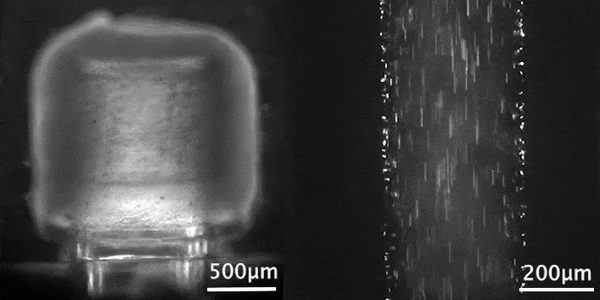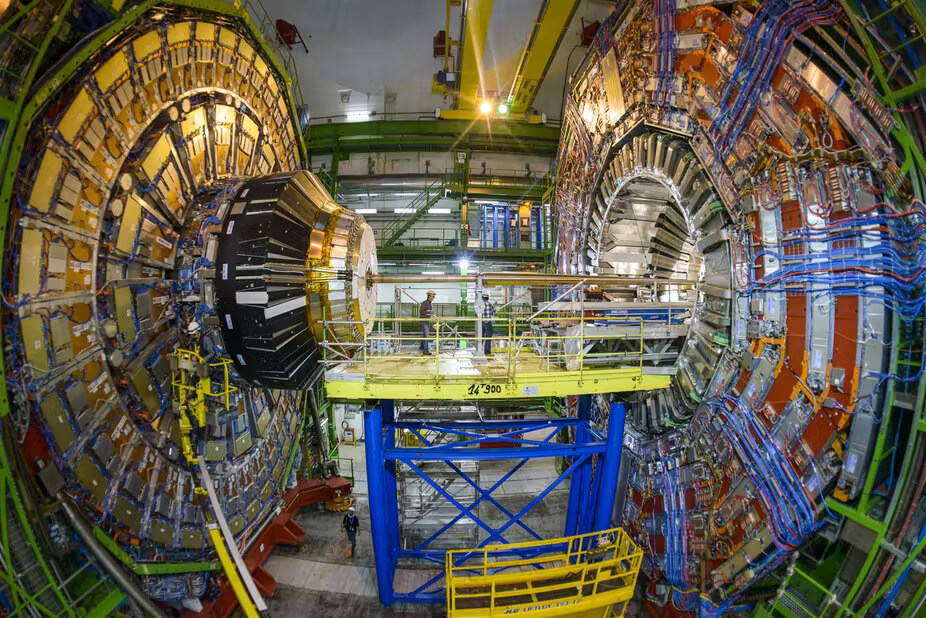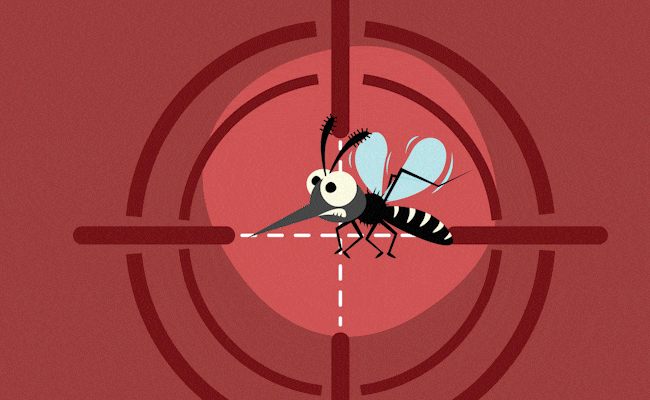Mini Heart, Pretty Big Deal

Image: Michas et al., Sci. Adv. 8, eabm3791 (2022)
A team of researchers led by Boston University created a miniature heart replica that behaves like a living organ and can be used to test experimental treatments, according to a new peer-reviewed study published in Science Advances.
🫀 Why it’s a big deal: Heart disease has been the leading cause of death globally for the past 20 years. In America, a person dies of heart disease every 36 seconds, according to CDC figures.
- So as you can imagine, scientists are very interested in studying the human heart as it goes about its job. The problem? There hasn’t been a safe and consistent way to do so... until now.
⚙️ How it works... The researchers used nanoengineered parts and human tissue to create a 3-square-centimeter replica of a heart ventricle, called a miniPUMP, that beats on its own without any springs or external power sources.
- The miniPUMP can be used to track how the heart grows in embryo, examine how its tissue is affected by certain diseases, and try out new treatments – all without needing a living organ.
💬 What they’re saying: “We chose to work on heart tissue because of its particularly complicated mechanics, but we showed that, when you take nanotechnology and marry it with tissue engineering, there’s potential for replicating this for multiple organs,” according to Alice White, a Boston University chair of mechanical engineering.
Share this!
Recent Science & Emerging Tech stories

Science & Emerging Tech
| April 25, 2022Hadron Collider, Smash
⚛️ Following three years of maintenance, upgrades, and pandemic delays, the Large Hadron Collider (LHC), aka the world’s largest particle accelerator, is gearing up for its third – and most powerful – experimental period to date.

Science & Emerging Tech
| April 21, 2022Science is Taking Aim at Mosquitoes
🦟 The first open-air US study to release genetically-modified mosquitoes, carried out by biotech firm Oxitec, has just concluded in the Florida Keys.

Science & Emerging Tech
| April 13, 2022Maybe They ARE Magic
🍄 Psilocybin, the active ingredient in magic mushrooms, fosters greater connections between different regions of the brain in depressed people, freeing them up from long-held patterns of rumination and excessive self-focus, according to a peer-reviewed study published in Nature Medicine on Monday.
You've made it this far...
Let's make our relationship official, no 💍 or elaborate proposal required. Learn and stay entertained, for free.👇
All of our news is 100% free and you can unsubscribe anytime; the quiz takes ~10 seconds to complete